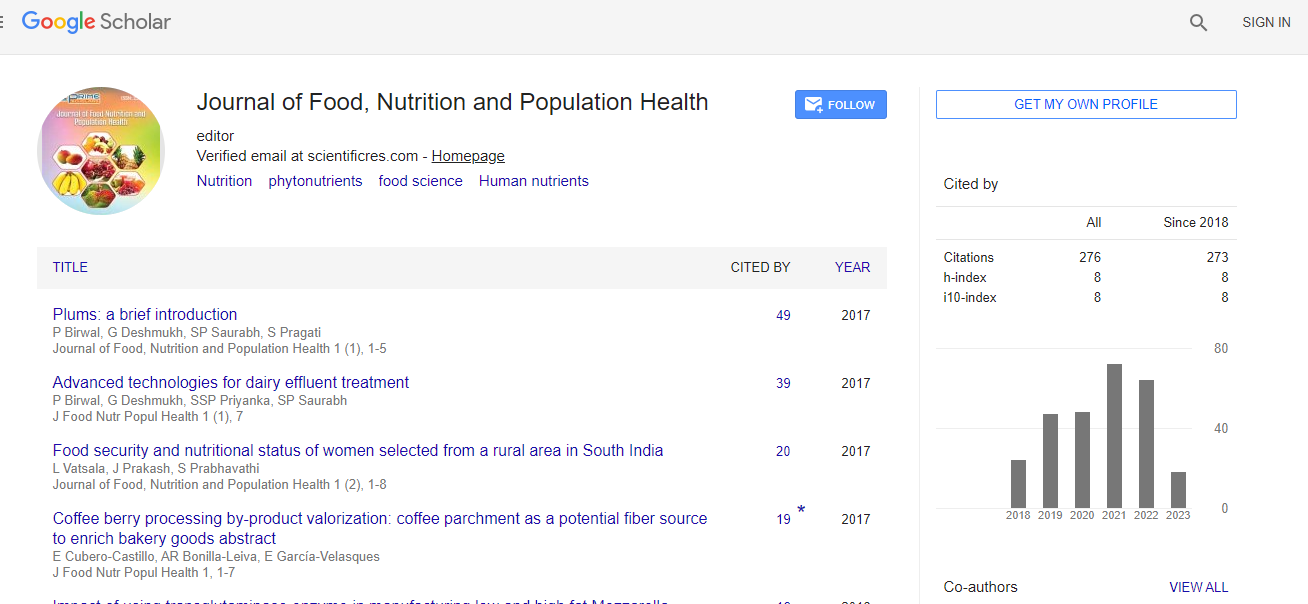Commentary - (2024) Volume 8, Issue 2
The Evolution and Challenges of Public Health in the Modern Era
Daniel Davis*
Department of Clinical Pathology, Trakia University, Bulgaria
*Correspondence:
Daniel Davis,
Department of Clinical Pathology, Trakia University,
Bulgaria,
Email:
Received: 29-May-2024, Manuscript No. IPJFNPH-24-20859;
Editor assigned: 31-May-2024, Pre QC No. IPJFNPH-24-20859 (PQ);
Reviewed: 14-Jun-2024, QC No. IPJFNPH-24-20859;
Revised: 19-Jun-2024, Manuscript No. IPJFNPH-24-20859 (R);
Published:
26-Jun-2024, DOI: 10.21767/2577-0586.8.2.13
Description
Public health stands as a cornerstone of societal well-being,
encompassing a broad array of practices and policies aimed at
safeguarding and promoting the health of populations. From
the earliest civilizations to the complexities of the modern
world, the concept of public health has evolved dramatically,
driven by scientific advancements, socio-economic changes,
and shifting global landscapes. This article delves into the
historical development, current challenges, and future
directions of public health, highlighting its critical role in
addressing contemporary health issues. The roots of public
health can be traced back to ancient civilizations, where
early societies recognized the importance of sanitation, clean
water, and disease prevention. In ancient Rome, for example,
public baths and aqueducts were not only symbols of luxury
but also essential public health infrastructure that promoted
hygiene and communal well-being. Similarly, in China, during
the Han Dynasty, public health officials were appointed to
oversee sanitation and disease control measures. The modern
concept of public health began to take shape during the 19th
century amid rapid urbanization and industrialization in Europe
and North America. The Industrial Revolution, while bringing
unprecedented economic growth, also brought overcrowded
cities, poor sanitation, and rampant infectious diseases. This
period saw the emergence of pioneers like John Snow, whose
investigation of the 1854 London cholera outbreak laid the
foundation for epidemiology-the study of disease patterns
within populations. The establishment of public health
departments and agencies, such as the U.S. Centres for Disease
Control and Prevention (CDC) and the World Health Organization
(WHO), formalized efforts to monitor, prevent, and control
diseases on a global scale. Vaccination programs, sanitation
improvements, and the development of antibiotics contributed
to dramatic declines in infectious diseases and increased life
expectancy worldwide. This understanding led to efforts to
address inequalities in healthcare access and outcomes, aiming
for health equity across diverse populations. Initiatives like the
Alma Ata Declaration in 1978 emphasized primary healthcare
as a fundamental human right and advocated for communitybased
approaches to health promotion and disease prevention.
Globalization, climate change, urbanization, and demographic
shifts have created new health threats while exacerbating
existing ones. The COVID-19 pandemic underscored the
global vulnerability to emerging infectious diseases and
highlighted the need for robust surveillance, rapid response
systems, and international cooperation. Chronic diseases
like cardiovascular diseases, diabetes, and cancer are now
leading causes of death worldwide. Addressing NCDs requires
a multi-sectoral approach that includes prevention, early
detection, and management strategies. Disparities in health
outcomes persist within and between countries, influenced
by factors such as income inequality, education, race/
ethnicity, and access to healthcare services. Achieving health
equity remains a significant challenge. Climate change poses
profound threats to public health, exacerbating air and water
pollution, vector-borne diseases, and extreme weather events.
Mitigating these impacts requires integrated approaches that
promote environmental sustainability and health resilience.
The interconnected nature of modern society necessitates
preparedness for pandemics, bioterrorism, and other health
emergencies. Strengthening health systems and international
collaborations is crucial to enhancing global health security.
Advances in technology and data analytics offer promising
avenues for addressing contemporary public health challenges.
Artificial Intelligence (AI), for instance, enables predictive
modelling for disease outbreaks and personalized medicine
approaches.
Acknowledgement
None.
Conflict Of Interest
None.
Citation: Davis D (2024) The Evolution and Challenges of Public Health in the Modern Era. J Food Nutr Popul Health. 8:13.
Copyright: © 2024 Davis D. This is an open-access article distributed under the terms of the Creative Commons Attribution License, which permits unrestricted use, distribution, and reproduction in any medium, provided the original author and source are credited.

